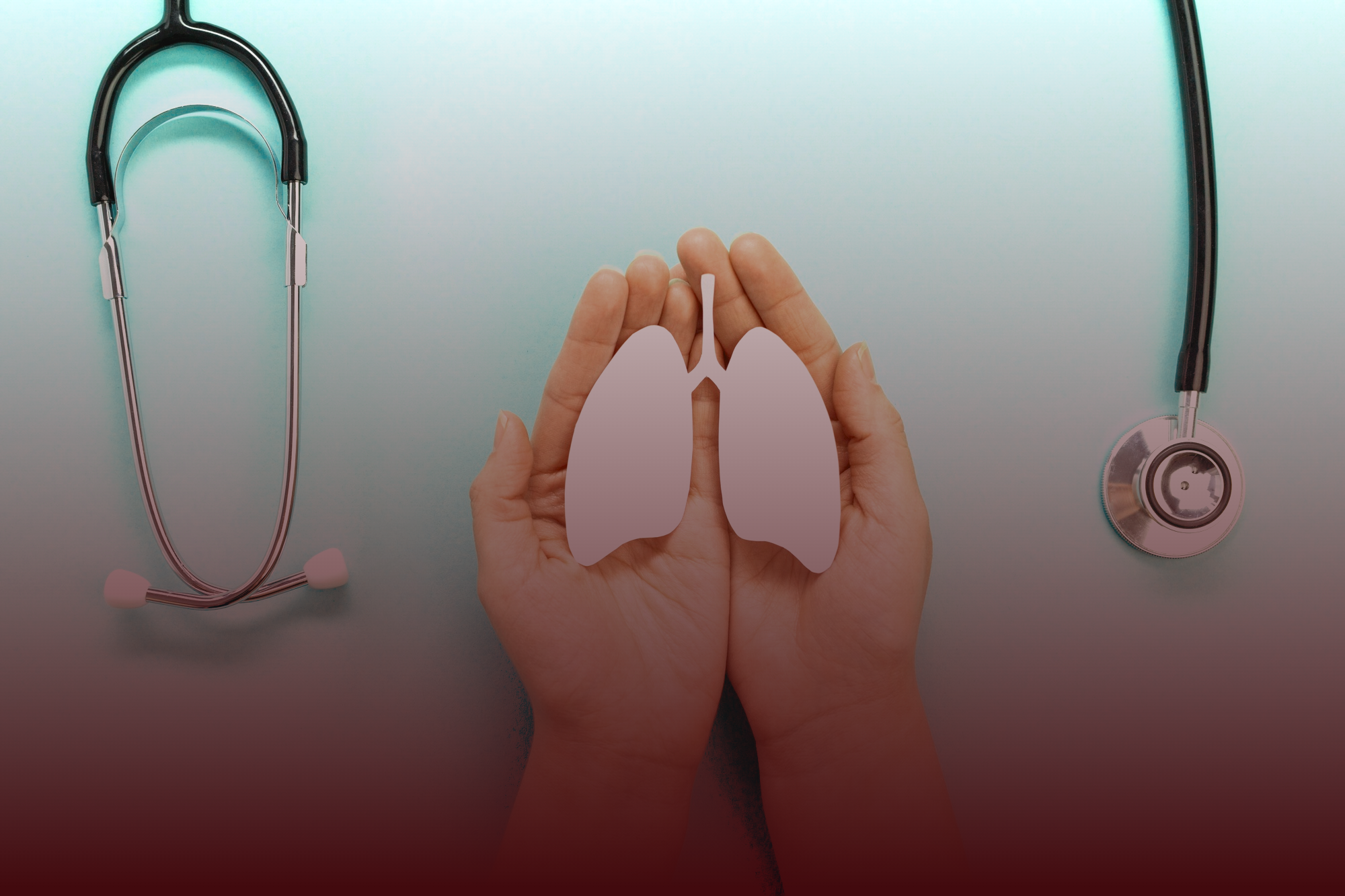
FAQ
The Nephrology and Urology departments boast the largest dialysis units in the city, a sizeable and comprehensive renal transplant program, having performed both living and cadaveric transplants. The stringent infection control practices, immunosuppressive protocols and proactive vigil for complications and their prompt management make the service a huge success. The Transplant Unit also integrates, analyses and addresses the health needs of the transplant patient and his or her family.
Kidney Injury/Failure can be acute, which means that the kidneys have suddenly stopped working. Acute Renal Failure is reversible and secondary to direct injury to the kidney. Chronic Kidney Failure means that the kidneys slowly and progressively lose their ability to function.
Chronic kidney disease is defined as having some type of evident kidney function abnormality or a screening ‘marker’ such as protein in the urine, and having decreased kidney function for three months or longer. There are many causes of CKD. The kidneys are most commonly affected by diseases, such as diabetes and high blood pressure. Some kidney conditions are inherited (run in families). Others are congenital, i.e., individuals may be born with an abnormality that can affect their kidneys.
ESKD is a stage at which practically the entire kidney function is lost. On ultrasound examination, the kidneys are usually small and shrunken. The kidneys can be considered to be dead for all practical purposes. Life long dialysis or transplantation becomes mandatory for survival. Each year approximately 350,000 – 400,000 people develop ESKD. What are the signs and symptoms of kidney disease? Kidney disease usually affects both kidneys. If the kidneys’ ability to filter the blood is seriously compromised by disease, then wastes and excess fluid may build up in the body. Although many forms of kidney disease do not produce symptoms until late in the course of the disease, there are six warning signs of kidney disease: Puffiness around eyes, swelling of hands and feet More frequent urination, particularly at night. Difficult or painful urination. Blood and/or protein in the urine High blood pressure A Creatinine and Blood Urea Nitrogen (BUN) blood test, above the normal range (BUN and creatinine are waste products that build up in the blood when the kidney function is reduced.)
There are only two options for End Stage Kidney Disease: Life Long Dialysis Kidney Transplantation
It is a process that removes the waste products and helps maintain the volume and composition of body water – the most important and indispensable function of the kidneys.
It does not help in blood formation and activation of vitamin D as is the case with normal kidneys. Hence supplementary therapy is required.
It does not improve diseased kidneys
What are the types of dialysis?
There are two different kinds of dialysis:
Haemodialysis, where the blood is cleaned outside the body via a machine Peritoneal dialysis, where the cleaning is done inside the body by the peritoneal membrane Occasionally, there may be medical reasons to prefer one sort of dialysis to another. This is something a Nephrologist can best judge for the patient.
Kidney (Renal) Transplantation is the best form of treatment for ESKD because of the following reasons:
– More cost effective
– Enables a more normal lifestyle – Improved survival
What is the expected survival when dialysis and transplantation are compared with normal population?
The transplant patient in any age group has a better life expectancy as compared to the dialysis patients. This can be seen in the chart below which shows the expected life expectancy at various age groups with dialysis and after transplantation.
| Age (yrs) | Dialysis | Transplant |
| 40 | 7.3 | 22 |
| 50 | 5.2 | 16.2 |
| 60 | 3.9 | 11.6 |
All patients with ESKD should be assessed for suitability of kidney transplantation. Patients having cancer or other active infections cannot go for transplantation
Special assessment is required for the following groups of patients:
– Old age
– Severe heart disease, lung disease or liver disease
– HIV positive patients
– Psychiatric illness
Living Donors
Indian Law permits near and dear ones to donate organs (kidney, liver, bone marrow). Parents, siblings, son, daughter, grandparents and spouse are treated as ‘near relatives’.
The basic cost of a donor and recipient transplant surgery (without immunosupression) is 3.25 lakhs.
The cost varies based on the immunosuppressive protocol used, which is tailored to the requirement of the individual patient.
What is the duration of stay in the hospital post transplantation?
The donor is admitted 1 day prior and the recipient is admitted 2 days prior to the scheduled date of transplantation. The approximate duration of stay in the hospital for a donor is 5- 7 days and that for the recipient is 7-10 days.
What is the success rate of kidney transplantation?
Overall, transplant success rates are very good. Transplants from deceased donors have an 85 to 90% success rate for the first year. That means that after one year, 85 to 90 out of 100 transplanted kidneys are still functioning. Live donor transplants have a 90 to 95% success rate. Long term success is good for people of all ages.
